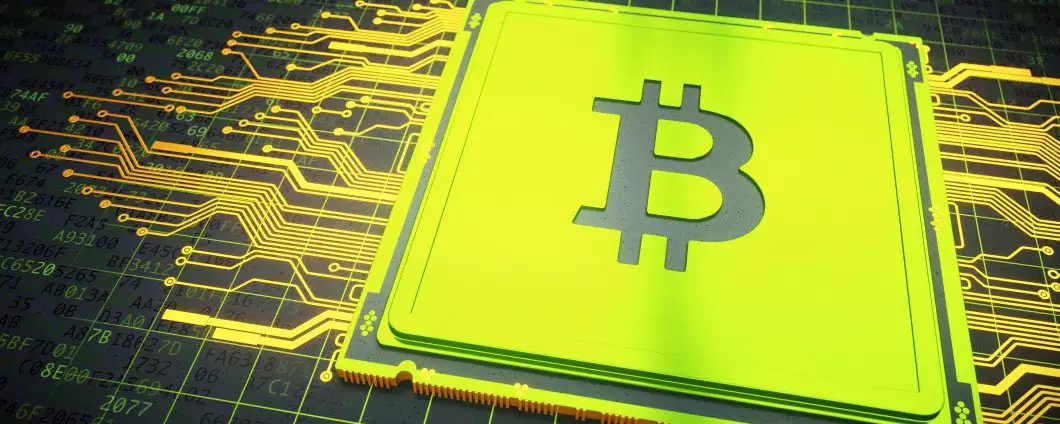What is the role of cryptocurrencies in the democratization of finance? Let’s find out together in this dedicated article
Although when it comes to cryptocurrencies, one primarily thinks of the value of Bitcoin in dollars, cryptocurrencies have the potential to change the face of the global financial world. This phenomenon is commonly referred to as the democratization of global finance. What is it about?
While opening a bank account, paying by credit card or buying online is child’s play for Westerners, there are around two billion unbanked people in the world, i.e. people who have no bank account. The consequence is that these people are cut off from the global economy, with evident repercussions on the well-being of their country and of society as a whole.
But why are there so many unbanked? And how can cryptocurrencies solve this problem?
Traditional financial systems are often only accessible to people with a certain income or who meet specific requirements. Yet, many people from third world countries cannot meet the requirements. For example because they have no documents or because they live in rural areas. As a result, access to basic financial services such as checking accounts, credit cards and loans is impossible for billions of people around the world.
Cryptocurrencies like Bitcoin, on the other hand, allow anyone with access to the internet to participate in the global financial system. In fact, cryptocurrencies do not have the typical barriers of the traditional financial system. Most cryptocurrencies are decentralized and use the blockchain to record and verify network transactions. Furthermore, contrary to traditional financial systems, the only requirement to be able to access and use a cryptocurrency is an internet connection. This means that anyone with access to the Internet can buy and use cryptocurrencies without having to go through the bureaucratic procedures typical of financial institutions.
It is not easy to estimate the impact of such a system on the global economy. Of course, a financial system that is open and accessible to all, while presenting risks, also offers the opportunity to create a more equitable and balanced world. In addition to being open to everyone and without discrimination of any kind, cryptocurrencies also offer greater security and privacy when used consciously. However, it will be up to people to educate themselves and understand the strengths and weaknesses of these digital coins. Furthermore, cryptocurrencies also offer transparency and traceability compared to traditional currencies.

While the traditional financial system is not visible to anyone willing to do an audit, with blockchain technology it is possible at any time to verify all the transactions made throughout the history of the cryptocurrency. Each transaction is recorded permanently and immutably, making it easier to verify the reliability of the system. Finally, cryptocurrencies are not controlled by central entities, but by networks of users who participate in the process of validating transactions by running software on their computers.
This network of users allows each user to verify the reliability of each single transaction and to prevent fraudulent changes to the protocol. Furthermore, a point that many underestimate is that cryptocurrencies are not subject to government monetary policies or central bank decisions, but follow the rules of the protocol in which all network users spontaneously participate.
For example, following the Bitcoin protocol, it is certain that 21 million units of currency will be issued (however divisible into 100 million each) and that these are issued at a precise, pre-established and verifiable rate by anyone.
In conclusion, while there are undoubtedly risks and gray areas that need to be clarified, cryptocurrencies are more than their price. Cryptocurrencies can be thought of as a step forward in the financial world, both for the accessibility to the financial system by the poorest countries, and for the immutability and voluntariness in participating in it. For more news and updates, keep tuning in to tuttotek.
















Leave a Reply
View Comments